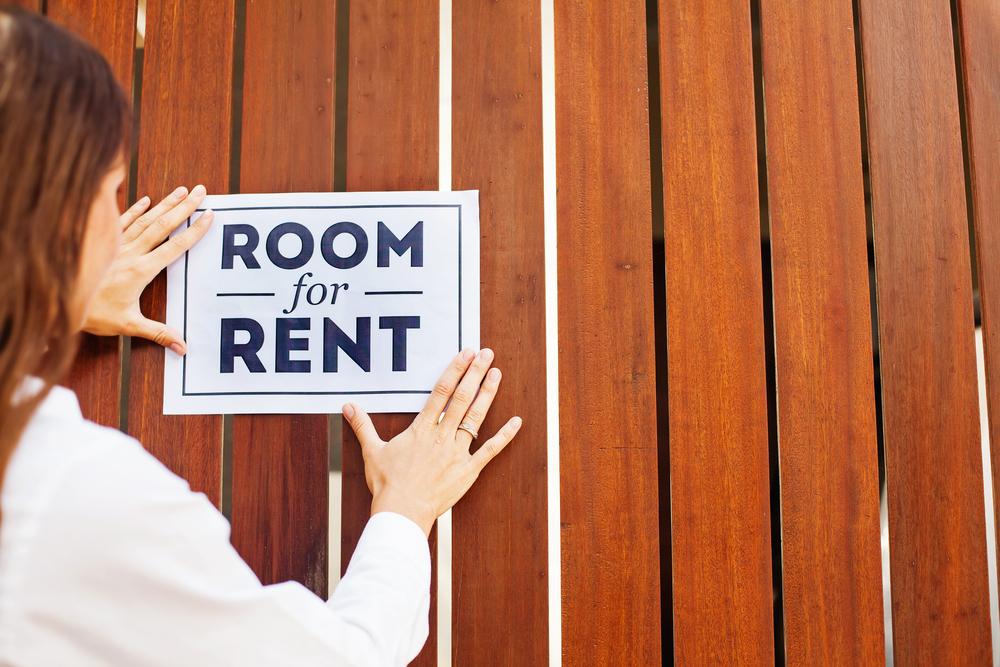Comprehensive Guide: Essential Questions to Ask Before Renting a Property
This comprehensive guide highlights key questions tenants should ask before renting a property. It covers reviewing lease agreements, verifying ownership, understanding rent inclusions, and knowing property restrictions. Thorough preparation ensures tenants make informed decisions, avoid scams, and establish smooth landlord relationships. Essential reading for anyone seeking a new rental home to prevent future disputes and secure a suitable living space.

Securing a rental property is a major financial and personal milestone that requires careful consideration and thorough investigation. Whether you're a first-time renter or have previous experience, asking the right questions before signing a lease can save you from future headaches, unexpected costs, and misunderstandings with landlords. This detailed guide provides valuable insights into the crucial inquiries you need to make to ensure that the rental arrangement aligns perfectly with your needs and expectations. Proper due diligence can make your tenancy smooth, enjoyable, and trouble-free.
Examining the Lease Agreement
The lease agreement is a legally binding document that specifies the terms and conditions of your tenancy. It’s vital to review every clause carefully and understand your rights and responsibilities as a tenant. Pay particular attention to the duration of the lease, renewal procedures, rent payment schedules, penalties for late payments, and termination policies. If any part of the lease appears ambiguous, complex, or overly restrictive, don’t hesitate to seek advice from a legal expert or a tenant’s rights organization. Clarifying these details beforehand can prevent disputes and ensure you’re fully aware of your commitments. Remember, the lease is not just a formality but an essential document that governs your rental relationship.
Verifying Property Ownership and Documentation
Before committing to a rental, it’s crucial to verify the legitimacy of the property ownership. Request official documents such as title deeds, property registration certificates, and recent maintenance receipts. These documents serve as proof that the landlord or property owner has legal rights over the property. Additionally, confirming that the property isn’t under mortgage or other encumbrances that might lead to repossession prevents potential risks down the line. If the property is mortgaged, ask about the status of the mortgage and whether there are any restrictions on leasing it out. This step can protect you from rental scams or falling victim to landlords who lack authority to lease out the property.
Clarifying Rental Inclusions and Conditions
Understanding what is included in your rent payment is essential to managing your budget effectively. Find out whether utilities such as water, electricity, gas, and internet are covered or billed separately. If the apartment is furnished, inspect every item—furniture, appliances, fixtures—to ensure they’re in good condition and functioning properly. Conversely, if it’s unfurnished, decide what additional costs you might incur for furnishing or repairs. Clarify maintenance responsibilities as well—who is responsible for fixing broken appliances or plumbing issues? Knowing these details can prevent surprise expenses and help you determine whether the rental aligns with your financial situation.
Inquiring About Rental Restrictions and Policies
Every rental property may have specific rules that can impact your daily life. Always ask about any restrictions related to pets, parking, noise levels, or usage of communal areas. For example, some landlords have pet policies that limit certain breeds or sizes, impose additional fees, or forbid pets altogether. Parking policies might specify designated spots, monthly fees, or restrictions on guest parking. Clarify if there are any rules regarding renovation, smoking, or trash disposal that could affect your lifestyle. Understanding these policies upfront helps ensure that the property suits your needs and preferences, avoiding conflicts or violations during your tenancy.
By asking these essential questions and conducting meticulous research before renting, you’ll be better equipped to make an informed decision. Proper preparation not only helps you secure a suitable and legally compliant property but also fosters a positive relationship with your landlord, ensuring a comfortable and stress-free living experience.





